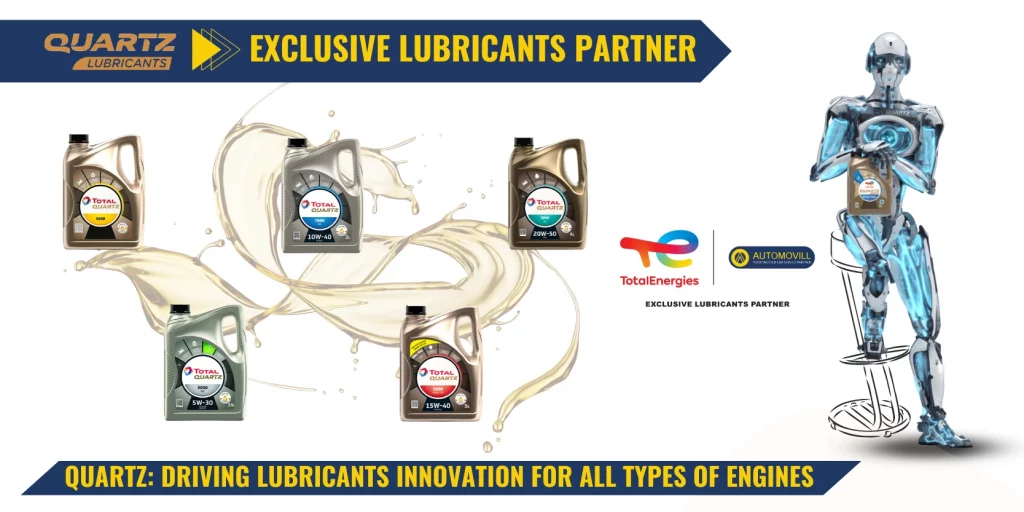
Have you ever experienced a frustrating situation where you press the gas pedal, but your car just won’t accelerate, even though the engine’s RPMs (Revolutions Per Minute) are climbing?
This issue can be not only complex but also potentially dangerous.
In this blog, we’ll discuss the reasons your car won’t accelerate despite the rising RPMs along with its solutions.
What is RPM, and Why is it Important?
RPM stands for “Revolutions Per Minute,” and it measures how many complete engine cycles occur in one minute. Basically, it indicates how fast your engine’s crankshaft is rotating.
In cars, RPM measures how many times the engine’s crankshaft makes one full rotation every minute, and along with it, how many times each piston goes up and down in its cylinder. The RPM is displayed on the tachometer, which is a gauge located in the dashboard.
The RPM is important because it determines the power output of the engine. The higher the RPM, the more power the engine is producing
When your car is idling, the RPMs are relatively low, but they increase as you press the accelerator pedal. This indicates that more fuel and air are being drawn into the engine, leading to higher power and speed.
9 Causes Car Won’t Accelerate But RPMs Go Up
Now, let’s explore the common reasons why your car’s RPMs may rise while your car refuses to accelerate:
1. Clogged Air Filter:
A dirty air filter restricts airflow to the engine, leading to poor combustion and reduced acceleration.
Solution: Replace the air filter regularly.
2. Faulty Throttle Position Sensor (TPS)
The TPS monitors the position of the throttle and sends this information to the engine control unit (ECU). A malfunctioning TPS can lead to incorrect fuel delivery. Solution: Replace the TPS.
3. Clogged Fuel Injectors
Dirty or clogged fuel injectors can disrupt the fuel-air mixture, causing a lack of power.
Solution: Clean or replace the fuel injectors.
4. Vacuum Leak
A vacuum leak can allow unregulated air to enter the engine, affecting the air-fuel mixture.
Solution: Locate and repair the vacuum leak.
5. Faulty Mass Airflow Sensor (MAF)
The MAF sensor measures the amount of air entering the engine. A malfunctioning MAF can result in inaccurate fuel delivery.
Solution: Replace the MAF sensor.
6. Faulty Spark Plugs
A spark plug is responsible for the car’s ignition system. It ignites the air-fuel mixture in the engine cylinders, producing the necessary combustion for your car to run smoothly. Over time spark plugs can become faulty and lead to inefficient combustion and reduced acceleration.
Solution: Replace spark plugs at recommended intervals.
7. Fuel Delivery Issues
A failing fuel pump or clogged fuel filter can hinder the delivery of fuel to the engine.
Solution: Check and replace the fuel pump or filter as needed.
8. Transmission Problems
A slipping or malfunctioning transmission can prevent power from reaching the wheels, despite increased RPMs.
Solution: Consult a mechanic for transmission repair or replacement.
9. Exhaust System Blockage
A blocked exhaust system can restrict the flow of exhaust gases, causing poor engine performance.
Solution: Inspect and clear any obstructions in the exhaust system.
Conclusion
Understanding why your car won’t accelerate despite rising RPMs is crucial for maintaining your vehicle’s performance and safety. Always prioritize proper maintenance and timely repairs to avoid such issues.
Regularly servicing your car and addressing problems promptly can help ensure a smooth and enjoyable driving experience while keeping you safe on the road.

